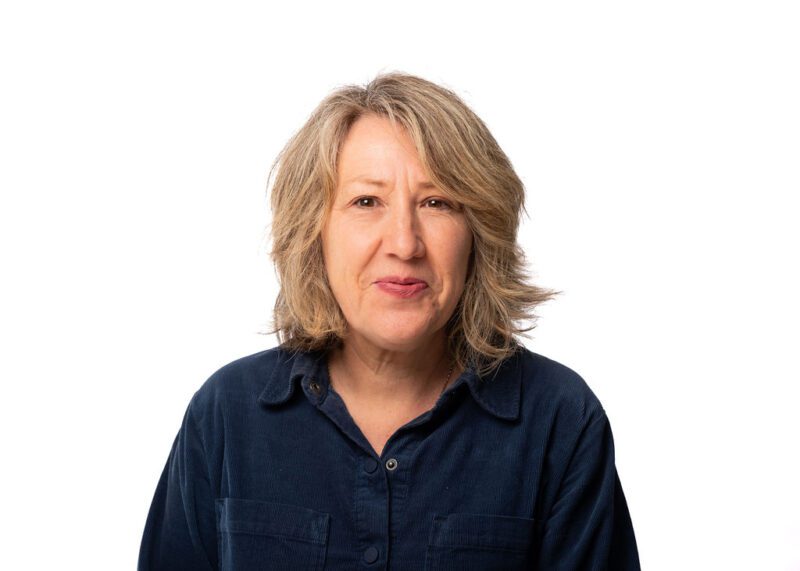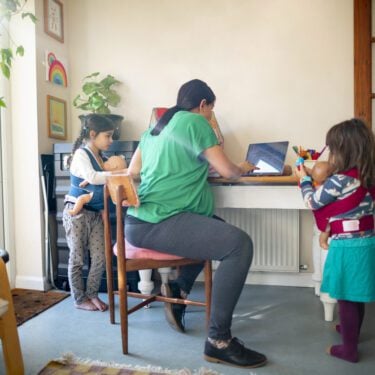-
Dr Hannah BrinsdenThe Food Foundation
-
Professor Michelle MorrisUniversity of Leeds
-
Dr Rosemary GreenLondon School of Hygiene & Tropical Medicine
Project overview
This project will continue the Food Foundation’s work to better understand diet and health inequalities across the UK, with the aim of identifying actionable policy levers to reduce health and social disparities.
Why this project is important
1 in 5 households are experiencing food insecurity. Stark diet and health inequalities exist in the UK between regions, communities, and individuals, which are impacting on opportunities, quality of life, social wellbeing, and the economy. Health outcomes are consistently worse for the most deprived groups who experience higher rates of obesity, dental caries, and type 2 diabetes, and lower life expectancy. Food insecurity is linked to poor mental health and wellbeing which in turn contributes to poor workforce productivity.
What it will involve
The Food Foundation seek to answer the following questions:
- What factors are contributing to the trends/patterns (particularly by age, geography, and socio-economic status) we are seeing in health, diets, and food environments?
- What similarities and differences exist in environments, diets, and health between communities and in different geographies across the UK?
- What policy levers exist to shape these food environments and outcomes at both a local and national level? What challenges are there which need to be overcome in order to see improvements?
The project has three workstreams:
- Workstream 1 will involve the creation of a new edition of the Broken Plate report. Existing metrics on appeal, availability, and affordability of food, alongside diet, health, and sustainability outcomes will be supplement by new metrics, including insights from citizens.
- Workstream 2 will demonstrate geographical disparities by conducting place-specific studies in diverse locations, comparing food environments, community assets and health outcomes, and piloting a dashboard for local authorities.
- Workstream 3 will explore select policy levers that shape food environments and health outcomes at local and national (and international) level, and their intersection.
How it will make a difference
Findings will be shared with national and local policymakers, charities, NGOs, and businesses, and will feed into discussions related to the government food strategy, child poverty strategy, and manifesto commitments. In addition to the reports and dashboards produced as part of the research, the Food Foundation will produce parliamentary briefings, respond to government consultations, and directly engage with MPs, civil servants, combined authority mayors, NHS trusts, and anchor institutions such as schools and universities.











































